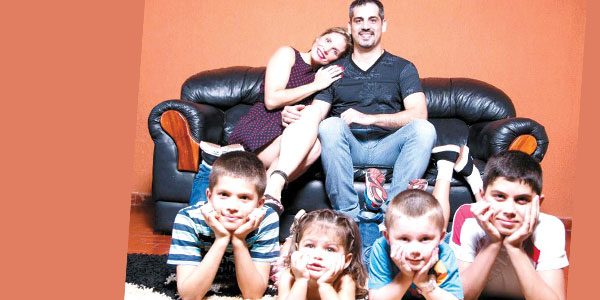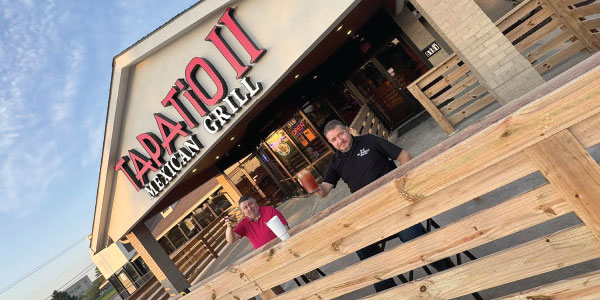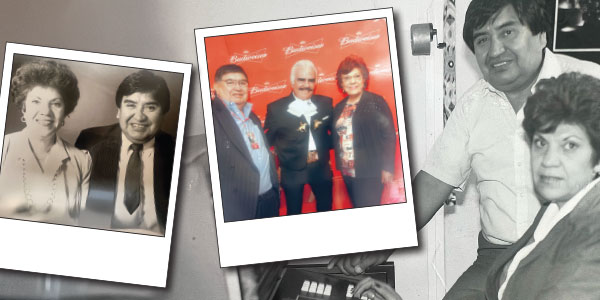
Every day there are more and more families in transition. The large number of divorces and the fact that more than half of those who divorce remarry or join a partner, makes this a very important issue. This situation causes serious problems for a couple.
The experiences in the office are fundamental and put us in touch with interesting realities. A family in transition that I saw in my office, made me think about how necessary it is to educate on this topic.
What is a family in transition and what is its importance?
We need to educate to live, we need sex education. Sexuality is everything that concerns the couple and the man-woman relationships. Hence, insist that sex education is much more than a little class on the genitals and how we come to the world.
Statistics indicate that when two people get married a second time and both have children from previous marriages, they fail more quickly. Although it is expected that a couple with a previous marriage have more experience and maturity to face the new marriage, the reality is that there are other variables to take into account. The children, the ex-spouses, the families of both and the new children of both. It is YOURS, MINE, AND OURS.
What do you do when, in general of every ten couples that get married, six get divorced and those that get divorced, a good percentage remarries or cohabits? In other words, most modern homes are “families in transition.” That is our reality, we may not agree, we may not like it, but the role of family psychologists and therapists must be to make these families functional.
How to achieve it? Let’s start by dividing the most common difficulties into areas:
* The previous spouses. Jealousy, manipulation and using the children to try to “stick” like chewing gum to parents already divorced. The relationships of true parents with stepparents and stepmothers.
* The children of both and from past marriages. The process of “accepting” the new “dad or mom”. Jealousy badly handled by adults and the manipulation of children in this problem “only for adults”. Forcing the child to say ‘dad’ to the stepfather, remove the surname of the biological father or mother without the child requesting it and without him wanting it, or being consulted.
* The children of the new marriage. The jealousy of both brothers, those of mother and those of father, with the new brother. The adults and the manipulation to “move away,” the brothers because he is the son of that ‘p…’.
* The political families of both and the loyalties to the previous spouses. “That woman does not come into my house!” “For me, her wife is still the previous one!”, “Was she the GUILTY of divorce?”, “My children do not go to that house!”
As you can see, there is a lot of cloth to cut through.
Los tuyos, los míos y los nuestros
Cada día existen más y más familias en transición. La gran cantidad de divorcios y el hecho de que más de la mitad de los que se divorcian se vuelven a casar o a unirse a un compañero/a, hace que este sea un tema muy importante. Esta situación ocasiona serios problemas de pareja.
Las vivencias en el consultorio son fundamentales y nos ponen en contacto con realidades interesantes. Una familia en transición que vi en mi consulta, me hizo pensar en lo necesario que es educar sobre este tema.
¿Qué es una familia en transición y cuál es su importancia?
Necesitamos educar para vivir, necesitamos educación sexual. Sexualidad es todo lo que atañe a la pareja y a las relaciones hombre-mujer. De ahí que insista en que educación sexual es mucho más que una clasecita sobre los genitales y cómo venimos al mundo.
Las estadísticas indican que cuando dos personas se casan por segunda vez y ambos tienen hijos de matrimonios anteriores, fracasan más rápidamente. Aunque es de esperarse que una pareja con un matrimonio anterior tenga más experiencia y madurez para enfrentar el matrimonio nuevo, la realidad es que hay otras variables a tomar en cuenta. Los hijos, los ex-cónyuges, las familias de ambos y los nuevos hijos de ambos. Es un tanto LOS TUYOS, LOS MÍOS Y LOS NUESTROS.
¿Qué hacer cuando por lo general, de cada diez parejas que se casan, seis se divorcian y de esas que se divorcian, un buen porcentaje se vuelve a casar o a convivir? En otras palabras, la mayoría de los hogares modernos son “familias en transición”. Esa es nuestra realidad, podemos no estar de acuerdo, puede no gustarnos, pero la función de los psicólogos y terapeutas familiares debe ser lograr que estas familias sean funcionales.
¿Cómo lograrlo? Empecemos por dividir en áreas las dificultades más comunes:
* Los cónyuges anteriores. Los celos, las manipulaciones y usar los hijos para tratar de “pegar” como chicle a los padres ya divorciados. Las relaciones de los verdaderos padres con los padrastros y madrastras.
* Los hijos de ambos, de otros matrimonios. El proceso de “aceptar” al nuevo “papá o mamá”. Los celos mal manejados por los adultos y la manipulación de los niños en este problema “sólo para adultos”. Obligar al niño a decirle ‘papá’ al padrastro, quitarle el apellido del padre o madre biológica sin que el niño lo pida y sin él quererlo, ni ser consultado.
* Los hijos del nuevo matrimonio. Los celos de ambos hermanos, los de madre y los de padre, con el nuevo hermano. Los adultos y la manipulación para “alejar” a los hermanos porque es hijo de esa ‘p…’ o de ese ‘hijo de p…’
* Las familias políticas de ambos y las lealtades a los anteriores cónyuges. “¡Esa mujer no entra a mi casa!” “¡Para mí su esposa sigue siendo la anterior!”, “¿Fue ella la CULPABLE del divorcio?”, “¡Mis hijos no van a esa casa!”
Como ven, hay mucha tela por donde cortar.










